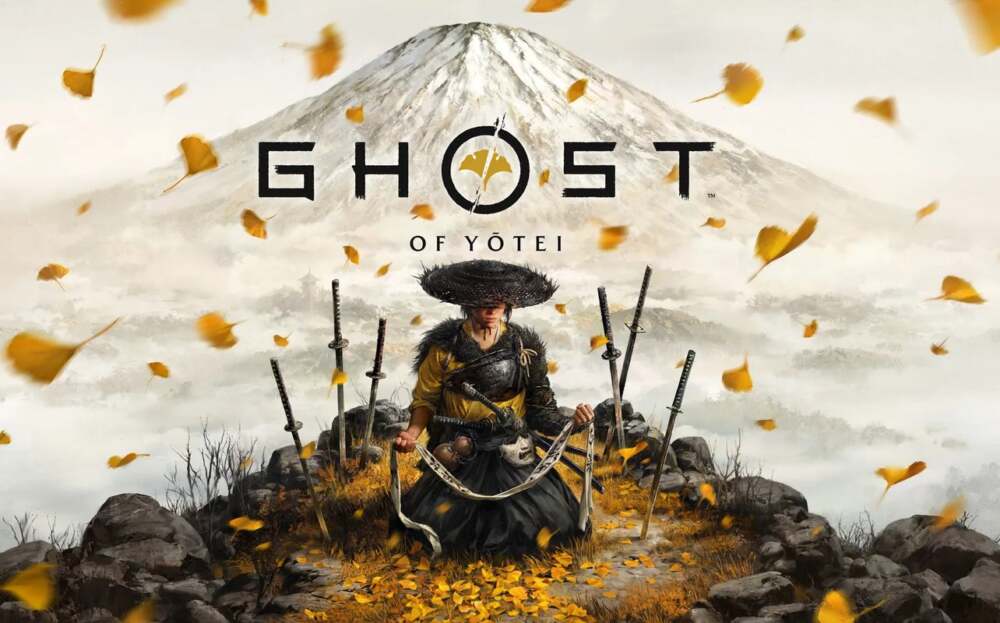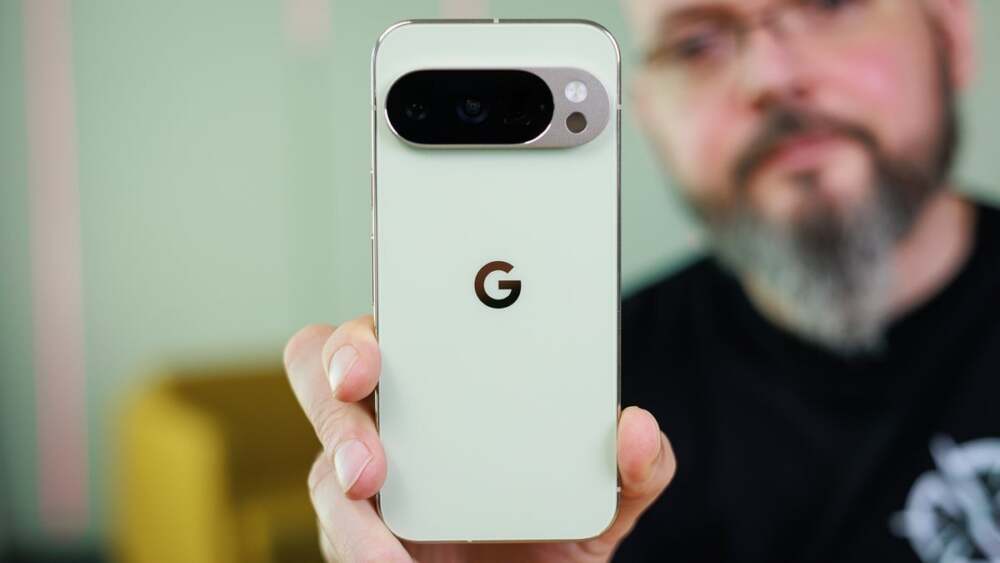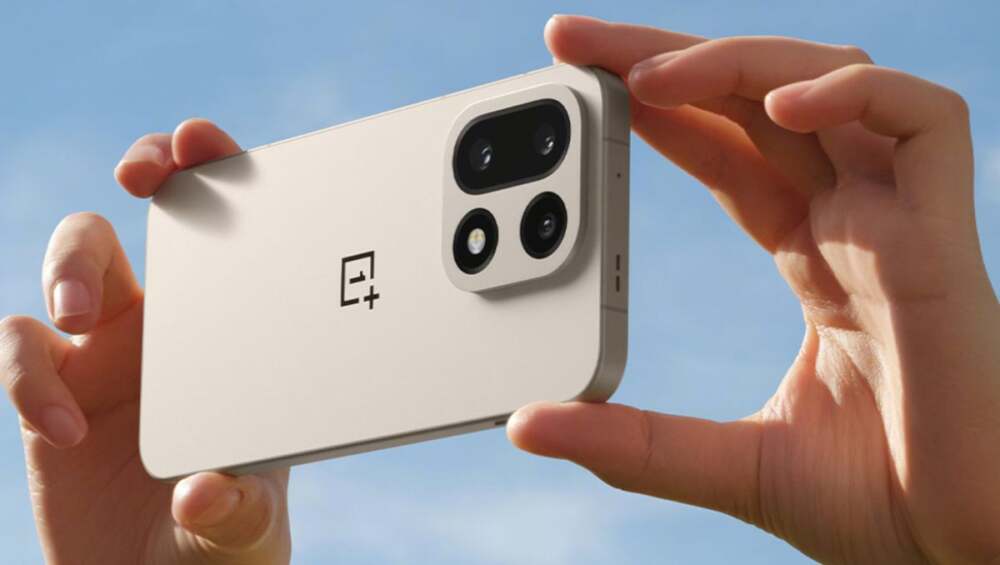Gaming Desk – October 2025 – The buzz around Ghost of Yotei just reached a new peak. Japan’s most iconic gaming magazine, Famitsu, has given the highly anticipated samurai epic a 39 out of 40 — one of the highest scores in its history. This honor is not handed out lightly. Famitsu’s rating system is legendary: four critics each score a game out of 10, and the combined total determines its fate. In this case, Ghost of Yotei earned three perfect 10s and one 9, securing near-unanimous acclaim.
For context, Famitsu has only awarded a handful of perfect 40/40 scores in its decades-long history, making Yotei’s 39/40 an achievement that places it among a rarefied circle of titles.
The Weight of Famitsu’s Approval
Famitsu’s influence in Japan cannot be overstated. Since the 1980s, it has been regarded as the gold standard of video game critique, particularly for Japanese audiences. Unlike Western outlets that emphasize Metacritic averages, Famitsu’s single-score reviews carry enormous cultural weight.
A 39/40 indicates that Ghost of Yotei not only met but surpassed expectations across narrative, gameplay, technical performance, and cultural resonance. It also suggests that the game respects and understands its Japanese setting — a factor that Famitsu critics take especially seriously.
Building on Ghost of Tsushima’s Legacy
Ghost of Yotei is the spiritual successor to Ghost of Tsushima, the 2020 blockbuster that captivated players worldwide with its open-world samurai storytelling and cinematic combat. While Tsushima focused on the Mongol invasion of Japan’s titular island, Yotei shifts the narrative northward to Hokkaido, beneath the looming shadow of Mount Yotei.
Sucker Punch Productions, the studio behind the series, has described the sequel as “a story about vengeance, honor, and resilience” — themes deeply intertwined with Japanese cultural identity.
Where Tsushima was about the clash between tradition and innovation during wartime, Yotei is reportedly more intimate, focusing on personal revenge and moral sacrifice. Famitsu’s near-perfect rating suggests that this narrative gamble has paid off, blending emotional storytelling with the franchise’s trademark action.
Gameplay Evolution: What Makes Yotei Stand Out
According to early reviewers, the game refines and expands on every element of Tsushima. Key areas highlighted include:
- Combat: A sharper, faster system with expanded stances and parries. Enemies are smarter, forcing players to strategize rather than button-mash.
- World Design: The Hokkaido landscape offers snow-covered peaks, bamboo forests, and volcanic terrain, providing a striking visual departure from Tsushima’s coastal plains.
- Stealth and Exploration: Verticality is emphasized, with players scaling cliffs and hidden shrines. Enhanced AI makes stealth more tense and rewarding.
- Cultural Immersion: The inclusion of Ainu traditions and northern Japanese folklore provides new cultural depth. Famitsu critics praised the respectful handling of indigenous elements.
Perhaps most importantly, Yotei reportedly balances cinematic spectacle with player freedom, a hallmark of the series that allows gamers to forge their own samurai legend.
A Score That Sets Expectations Sky-High
Famitsu’s near-perfect score inevitably invites comparisons. Ghost of Tsushima itself earned the rare 40/40 in Japan, becoming one of the most celebrated foreign-developed games in the country. While Yotei’s 39/40 falls just shy of that record, it still signals that the sequel holds its own against an almost impossibly high bar.
This slight difference may actually reflect the critics’ measured approach. Famitsu is notoriously cautious with perfect scores, and the single 9 could highlight minor criticisms — perhaps technical polish, pacing, or innovation. Yet, for most players, a 39/40 is effectively a promise of excellence.
Why This Matters Beyond Japan
While Famitsu’s review speaks most loudly to Japanese audiences, its ripple effect is global. Western critics and gamers often look to Famitsu scores as a benchmark of cultural authenticity and quality in games set in Japan.
For Sony and Sucker Punch, the timing is ideal. With holiday sales approaching, a near-perfect review in Japan’s most trusted magazine adds momentum to the game’s worldwide launch. Analysts predict strong preorders and a surge of interest in Asian markets, where Tsushima had already established a devoted fanbase.
Potential Challenges Ahead
Despite the acclaim, Ghost of Yotei faces a challenging landscape. The year 2025 has already been called one of gaming’s strongest in recent memory, with heavy-hitters across genres competing for attention. Even with Famitsu’s stamp of approval, Yotei will need to resonate globally to secure Game of the Year honors.
Another challenge lies in player expectations. Sequels are often judged not just on their own merits but against the nostalgia and legacy of their predecessors. Fans will inevitably compare every mechanic, story beat, and cinematic flourish to Tsushima. Meeting — or surpassing — those expectations will be no small task.
Looking Forward: A New Samurai Epic
For now, Ghost of Yotei has every reason to celebrate. Famitsu’s near-perfect score establishes it as one of the must-play titles of 2025, and perhaps the definitive samurai experience of this generation. Whether it ultimately surpasses Tsushima in cultural impact remains to be seen, but the early signs point toward another major success for Sucker Punch and Sony Interactive Entertainment.
As players prepare to step into Hokkaido’s snow-dusted battlefields, the excitement is clear: Ghost of Yotei is poised to deliver both a heartfelt story and an unforgettable gameplay experience — a combination that could ensure its place in the pantheon of great action-adventure games.
















Leave a Reply